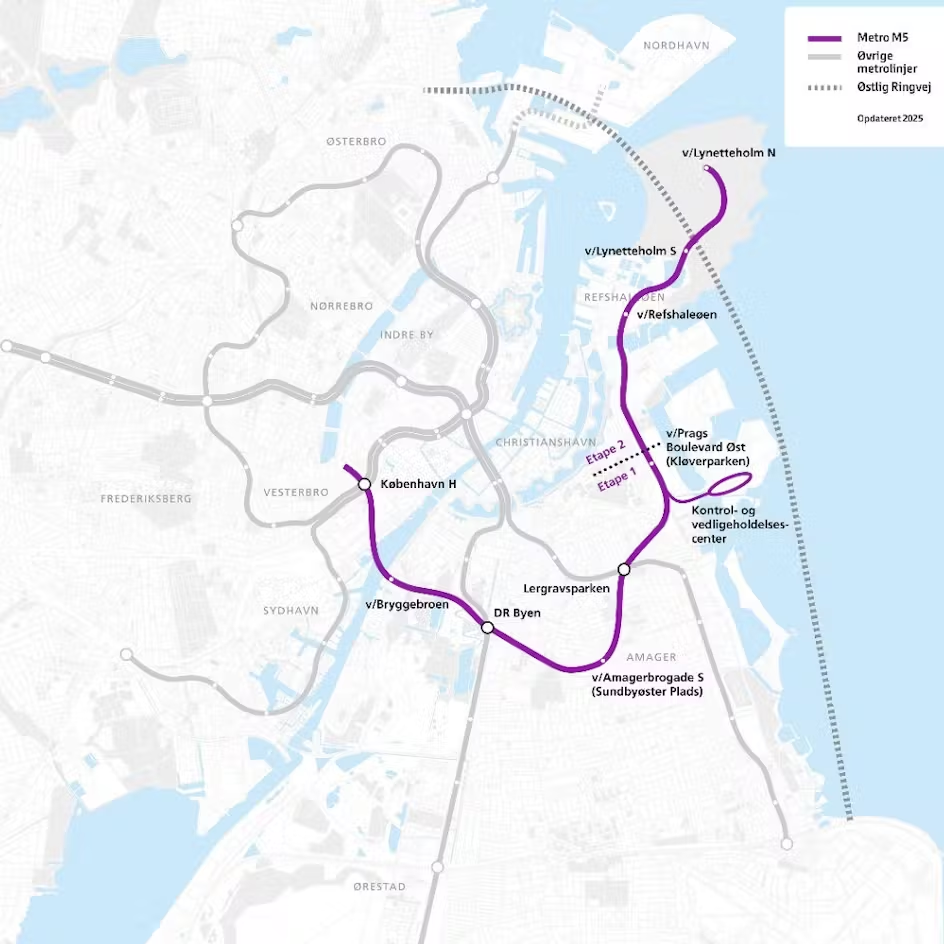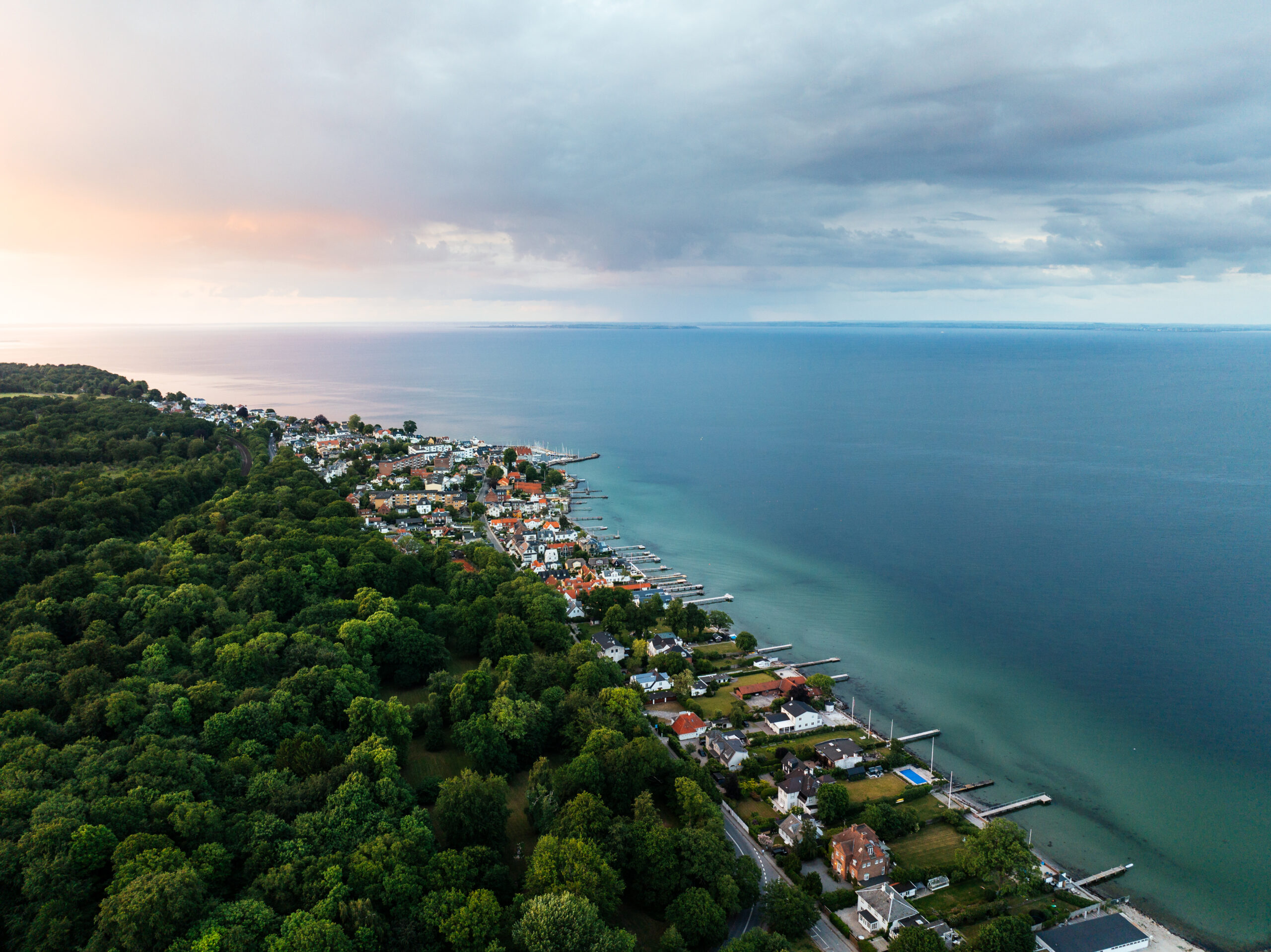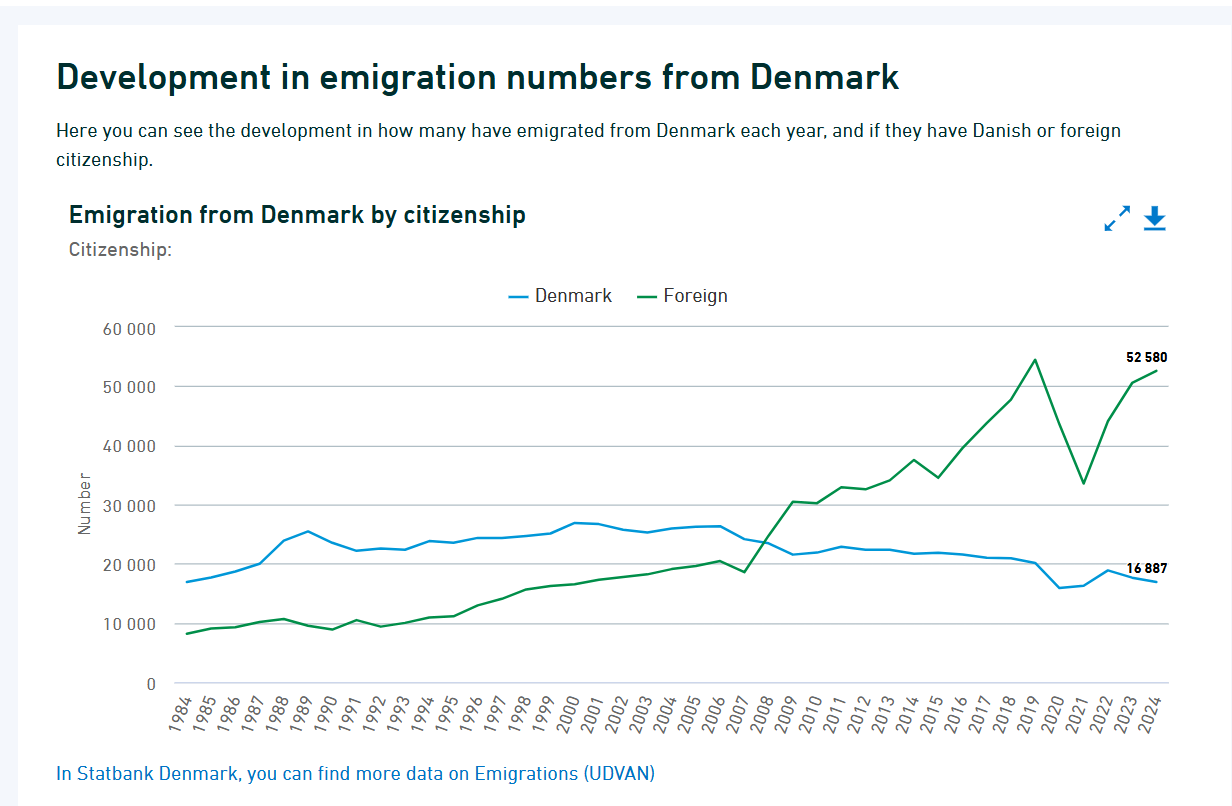Bicycle superhighways should be built using money raised from the proposed congestion charge, the Radikale are arguing.
The centrist party’s position was made in light of a new study by the national road authority, Vejdirektoratet, which showed that many drivers would opt to cycle instead of transferring onto public transport once the congestion charge was introduced.
“We need to remember the cyclists in this debate because there are many who would choose to cycle,” Radikale traffic spokesperson Andreas Steenberg told Politiken newspaper.
The bicycle superhighway network – with a proposed 26 routes covering 300 kilometres – has been in the planning stages for some time. But while some of the 18 collaborating councils have pledged money, it is still far from the 400 million kroner needed for the basic version and over 800 million needed for the ‘ideal’ version.
“I think we need to set money aside now before we establish the congestion charge and then we need to determine whether we can fund the cycle lanes over the coming years using money raised from it,” Steenberg said.
In October last year the Greater Copenhagen Regional Council raised its pledge for the project to 32.5 million kroner.
“In the coming years the population is going to grow and if we are to ensure a good urban environment with space for everyone its important to treat cycling as a serious means of transport,” Allan Schneidermann from the infrastructure and traffic committee told Jyllands-Posten newspaper. “Traffic does not respect council boundaries and as a cyclist you need to know that the cycle lanes you are using will be of a high standard throughout the whole journey.”
The improved cycling infrastructure, as imagined by the planners, would include widened cycle lanes, better separation of cars and bicycles and better surfacing. And to reduce the number of times that cyclists travelling longer distances have to start and stop, sensors will measure traffic flow to try and keep the lights green for them.
According to the planners, the bicycle superhighways will encourage more than 15,000 people to cycle to work in Greater Copenhagen, a state of affairs the bicycle lobby group Cykelforbundet would be pleased to witness.
“It would make it more attractive to bicycle to work. It’s exactly what’s needed. Not only will there be fewer cars but when people jump on their bikes they will also be improving their health,” Jens Loft Rasmussen, the managing director of Cykelforbundet, said.
While government support party Enhedslisten has also voiced its support for using funds raised from the congestion charge to fund the bicycle superhighways, the governining coalition, of which Radikale is a member, has not committed to the plan.
“I would be very hesitant to put a price on it now. First we have to come up with a concrete proposal that can show much money we can generate,” the traffic minister, Henrik Dam Kristensen (Social Demokraterne), told Politiken.

















